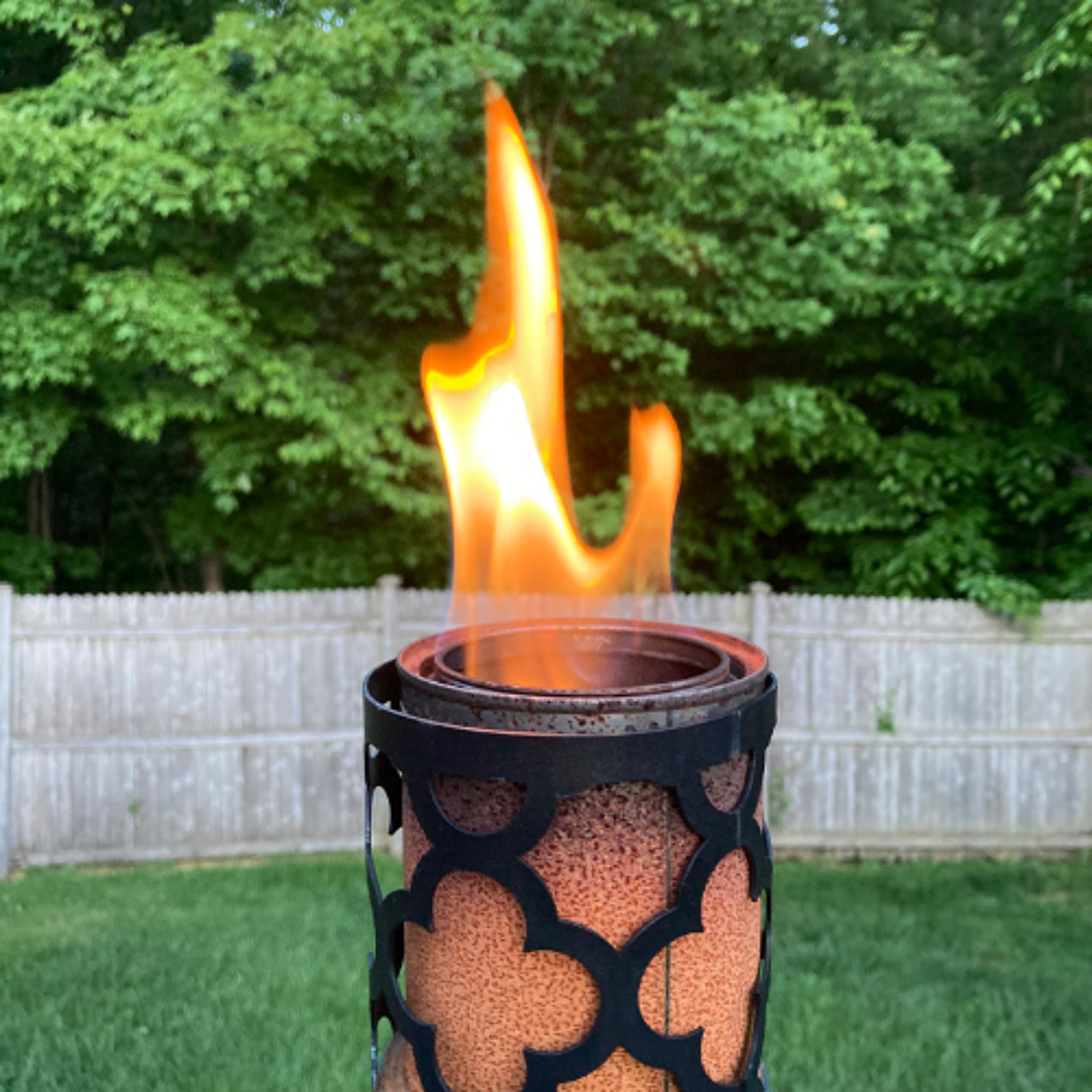Sustainable Fashion And Faith
Sustainable Fashion And Faith by Rev. Jay Stuart …
Sustainable Fashion And Faith by Rev. Jay Stuart Glover
May God prosper you according to His divine will and purpose.
Rev. Jay Stuart Glover
Welcome to Faith Talk. I’m Rev. Jay Stuart Glover.
Todays episode is entitled “Sustainable Fashion and Faith”
In the second chapter of Genesis humanity was given the responsibility of “caring for the garden.”
Today, we'll explore sustainable fashion and examine how the choices we make in clothing can serve as a reflection of spiritual values including stewardship of the environment, and the practice of minimalism. We'll break down how ethical fashion aligns with these principles by reducing harm to people and the planet. Additionally, we’ll uncover the often-overlooked consequences of used clothing donations, particularly how they can overwhelm local economies and devastate ecosystems in countries where they are sent.
Our clothing choices have been driven by diverse needs and influences.
Protection against the elements—shielding the body from extreme weather, rough environments, and potential hazards such as insect bites or physical injury.
Cultural and Religious Expression:
Clothing has often been tied to cultural or religious ideas of modesty. Different societies and religions developed varying standards for appropriate clothing. Clothing has long been a means of expressing cultural heritage, with distinctive garments, patterns, and styles tied to religious or ethnic identity. In many societies, specific attire is worn for religious ceremonies or rites of passage.
Status and Identity: Over time, clothing became a marker of social status, profession, or group affiliation. In many cultures, specific garments, fabrics, or accessories and designer labels indicated a person's wealth, class, or role in society.
Throughout history, these purposes often intersected, shaping how and why people dressed as they did in different cultures and time periods.
But what if our clothing choices also became an expression of our care for the planet?”
One of the things to consider when making sustainable clothing choices is:
Textile manufacturing and Ethics
Ethics as related to the manufacturing of our clothing focuses on fair labor, cruelty-free materials, and environmentally friendly practices. Choosing to wear clothing that aligns with these values reflects the compassion we’re called to show as stewards of the earth and its people."
In the second chapter of Genesis we are reminded that we are to 'work and take care of the land.' Sustainable fashion allows us to honor this call by being mindful of how our consumption impacts the environment. From organic fabrics to upcycled materials, every small choice can reflect our dedication to preserving and caring for God’s creation."
So its not only the manufacturing process that can be problematic but hoe we dispose of the clothing we have can be problematic, even harmful as well .
Lets take a look at:
The Dark Side of Clothing Donations
Many of us donate clothing with good intentions, hoping to help those in need. But what happens to the clothes we donate when they reach other countries? Unfortunately, much of it becomes part of a global waste problem.
Countries like Ghana and Kenya are overwhelmed by mountains of second-hand clothing. According to the U.S. Environmental Protection Agency, Americans discard about 17 million tons of textile waste every year. Some of this is shipped abroad, but much of it ends up in landfills—often in poorer nations—where it pollutes water sources, destroys ecosystems, and affects local economies.
Did you know that in 2018, over 11 million tons of textile waste ended up in U.S. landfills? Of the clothing that is donated, only 10-20% is sold locally. The rest is often shipped to developing countries, where it’s estimated that up to 40% becomes waste, overwhelming local landfills and contributing to environmental devastation.”
What We Can Do?
Becoming conscious consumers
It starts with becoming more conscious consumers. Buy less, buy better. When you do buy, consider sustainable brands that prioritize ethical production and eco-friendly materials.
Here are three practical steps to align your fashion choices with your spiritual values:
1. Purchase quality over quantity: Invest in well-made pieces that last longer and reduce the need for constant buying.
2. Support ethical brands: Choose brands that uphold fair labor practices and environmental sustainability.
3. Repurpose or recycle – Instead of donating all unwanted clothing, consider repurposing it into something new or recycling it through textile recycling programs. Or when you donate used clothing do a little research on who you are donating the clothing to and what they will do with it.
Sustainable fashion isn’t just about trends—it’s about aligning our outer expressions with our inner values. By making mindful clothing choices, we can better reflect the compassion, stewardship, and simplicity that our faith calls us to.”
As you shop for new clothing, take a moment to reflect on your clothing choices. Are they aligned with your spiritual values? How can you make small changes to ensure your wardrobe honors both the people who made your clothes and the planet we all share?”
Thanks for listening to Faith Talk with Rev. Jay Stuart Glover. Be sure to subscribe and join me next week as we continue exploring the many ways faith intersects with daily life. These episodes are available on iTunes, spotify, Amazon and YouTube. Visit the website at www rev jay Stuart glover .com and share with friends and family.
God bless you amen.










